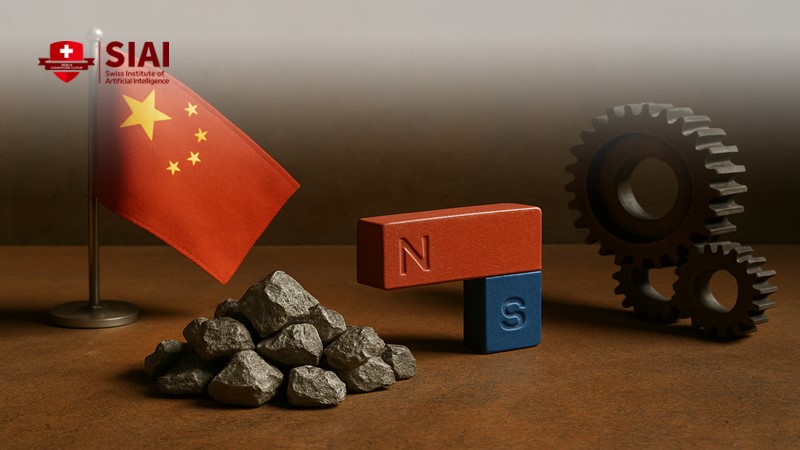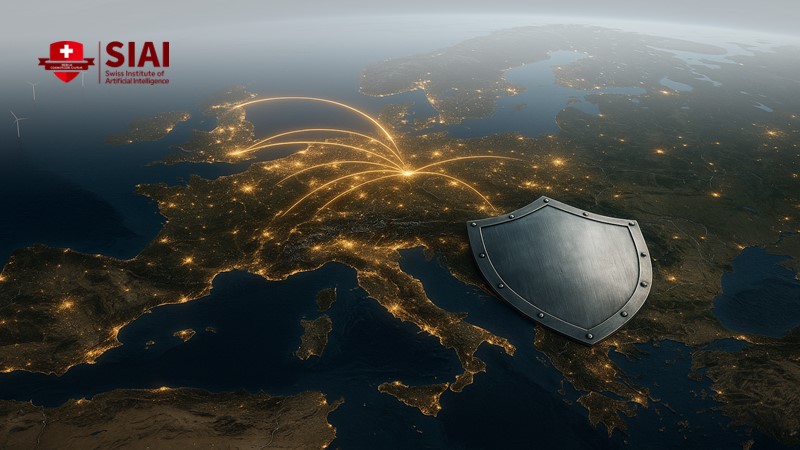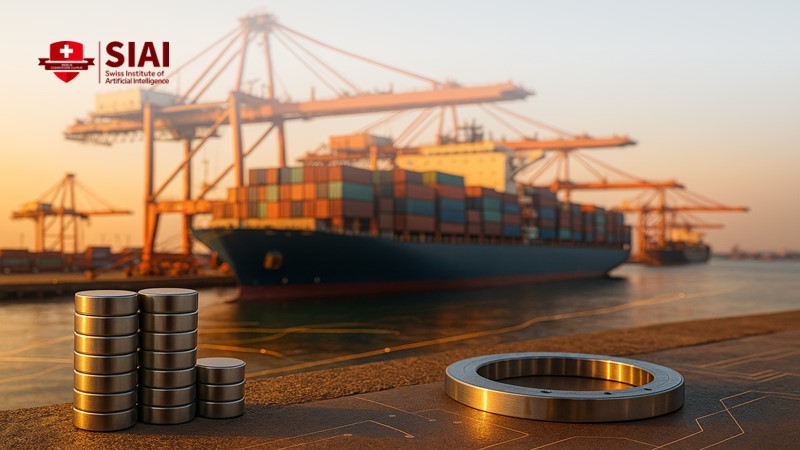
China’s rare earth strategy is shifting as Western supply chains rapidly diversify Beijing can trade short-term leverage for long-term alliances built on stable access Educators and policymakers should treat rare earths as a core case in managing interdependence
Read More
Euro stablecoins can limit digital dollar dominance MiCA rules let Europe steer stablecoins toward multilateral payments Education and public sectors can jump-start euro stablecoin use One number captures the new politics of digita
Read More
US interest costs are soaring and debt is mounting This US federal debt crisis squeezes education and future investment The article urges early fiscal reform that shields human capital In fiscal year 2025, the United States is set to
Read More
Korea’s strong healthcare still leaves families exposed to severe income loss from serious illness Health shocks cut wages, pushing seniors and students into long-term financial strain Korea must pair universal care with robust income protection to prevent poverty after illness
Read More
China quietly rations rare earths through strict export paperwork, not formal bans Its dominance in mining and magnet production turns bureaucracy into global leverage Schools and policymakers must plan for lasting supply risk and build alternative sources
Read More
The article expands actuarial neutrality from pensions to the whole public budget It shows how early retirement weakens tax revenues, pension capital, and debt sustainability It urges linking retirement-age rules to public-finance neutrality while protecting vulnerable workers
Read More
The US relies on an H-1B talent pipeline its schools cannot replace New H-1B fees push global talent toward rival countries building strong education–innovation systems Without opening visas and fixing public education, the US will lose its tech edge
Read More
The sovereign green bond premium is tiny and unstable Real value comes from standards, disclosure, and crowding-in private capital Treat the greenium as a signal; cut project risk with credible frameworks and predictable pipelines
Read More
Europe may move to 5% defence Use EU bonds, cut weak subsidies, and buy jointly Ring-fence education and expand skills Europe is being asked to plan defence spending at 5% of GDP.
Read More
Public R&D crowd-in effect primes private investment and productivity growth Cuts and freezes break the catalyst, raising risk and slowing diffusion Protect catalytic grants, require private matching, and use procurement to anchor demand
Read More
Asia practiced tariff diplomacy: public deference, private deals China’s rare-earth grip set the terms, yielding a short truce and modest tariff relief Schools should hedge purchases and teach the supply-chain math behind these negotiations
Read More
COP30 must set enforceable trade rules Join a carbon price-floor club with fair borders Recycle revenues and standardise carbon data to reward clean goods The most crucial climate figure this month is not another reco
Read More
Private school subsidies risk emptying public schools by erasing price differences Competition will shift to entrance exams and prep, as Korea shows Link subsidies to fair admissions and fee caps, invest in public quality, and track enrolment
Read More
Japan’s new PM locks in a hard-line, US-aligned stance Japan–China ties enter “stable instability” as ASEAN/Seoul outreach continues Schools and policymakers must harden compliance and diversify partnerships Only 13% o
Read More
Older adults are missing out on generative AI Used well, it can boost independence and wellbeing Policy must make these tools senior-friendly In 2000, only 14% of Americans aged 65 and older were online.
Read More
ASEAN needs its own stability fund to protect trade during crises Europe shows that regional firewalls boost confidence An ASEAN-led design would secure faster, fairer support In 2022, the global
Read More
AI chatbots in education are mediators now, not replacements Set guardrails: upstream uses, training, human escalation, and source transparency Prepare for embodied systems next while protecting attention, care, and truth
Read More
Rare earth price spikes show fragile supply chains The U.S.
Read More
FTAs expand exports without hollowing local markets Regional deals boost affiliate-to-third-country sales while domestic supply shifts to higher-value stages Policy should anchor high-skill functions at home and train compliance and data roles to use FTAs well
Read More
Japan’s labor is tight and the yen is weak Despite 2.3 million foreign workers, only 1,685 Indian students study in Japan A Japan–India education corridor would scale skills, lift productivity, and lock in a deeper partnership
Read More











